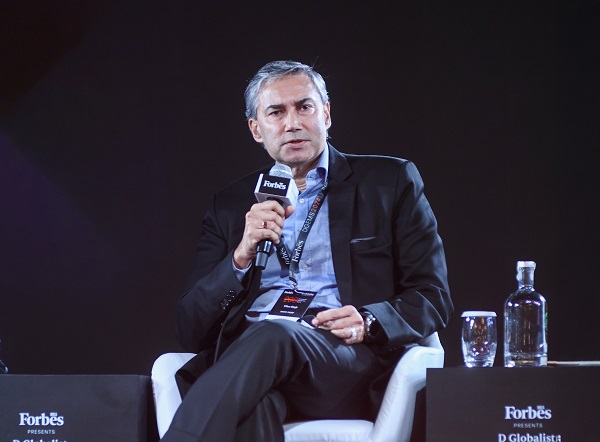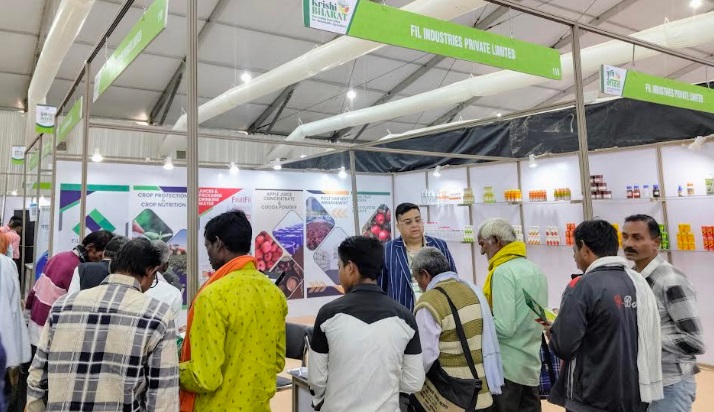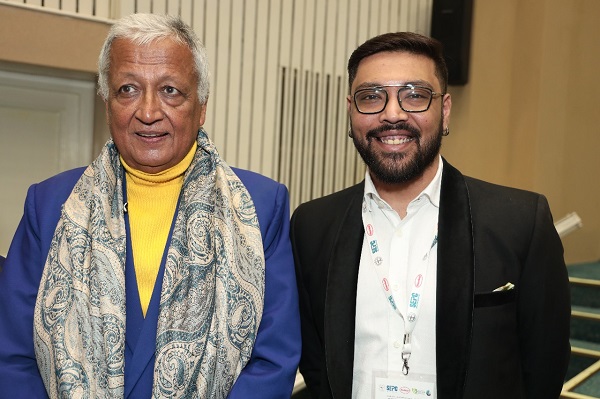China is well ahead of India in the production of EVs and batteries, and it is a major growth driver for Tesla, the most valued electric vehicle manufacturer in the world. However, India still has opportunities.
Elon Musk, the CEO of Tesla, arrived in Beijing a week after canceling his highly anticipated trip to India, highlighting the significance of China in the global supply chain for the most valuable electric vehicle manufacturer in the world. Musk was there to promote Full Self-Driving (FSD).
This is the reason why China continues to be far more significant to Tesla than India.
Indonesian defense establishment could benefit from India’s experience and successes: Indian envoy.
China’s dominance in battery production
China accounts for over half of the global electric vehicle (EV) sales, largely driven by its near dominance in battery production — a critical element for EV manufacturing. Elon Musk’s recent China visit saw him meet Robin Zeng, the chairman of Chinese battery giant China’s Contemporary Amperex Technology Co Limited (CATL), Reuters reported. CATL accounts for two-thirds of global battery production and is a supplier for Tesla, as well as other major automakers such as Volkswagen AG and Toyota Motor Corp.
Tesla’s biggest plant is in Shanghai
When it comes to EV production, China has left the US and Europe way behind and is now a key engine of growth for Tesla. The EV major opened its biggest manufacturing unit in Shanghai in 2018 after a new Chinese policy allowed foreign carmakers to establish fully-owned subsidiaries in the country. The Shanghai plant alone produces over 1 million units of Tesla’s most successful Model 3 and Model Y cars a year. The gigafactory, the first outside the US, is also crucial for Tesla as it supplies its cars to New Zealand, Australia, and Europe.
India’s EV push is still at a nascent stage
A global shift from internal combustion engine (ICE) vehicles to EVs presents a massive opportunity for new entrants like India, vying to be a part of the global supply chain. However, India has historically relied on imports of batteries from elsewhere and currently has a fragmented EV supply chain.
According to a Niti Ayog report, the biggest demand for lithium-ion batteries (LIBs) comes from consumer electronics such as laptops, mobile phones, and tablets. The LIB market through EV sales in India was only about 1 GWh (compared to 4.5 GWh for consumer electronics). Taking note of the booming demand for batteries, India is pushing for battery production through the production-linked incentive (PLI) scheme for advanced chemistry cell (ACC) battery storage. ACC is a crucial component of lithium-ion batteries. Niti Ayog says that India is well-positioned to capture a large share of the growing global market and could represent up to 13% of global battery demand by 2030.
Regulatory flip-flops on India’s EV policy
India’s EV policy was released last month after years of flip-flops. In 2018, the then Niti Aayog CEO Amitabh Kant said that there was no need for an electric vehicle policy and that technology should not be trapped by rules and regulations. In 2018-19, the Centre increased customs duty on CKD (completely knocked down) imports of motor vehicles, motor cars, and motorcycles from 10% to 15%, much to the ire of global automakers. Last month when India finally released its EV policy, it eased duty on completely built-up (CBU) cars with a minimum investment limit for manufacturers of Rs 4,150 crore.
But, there is still opportunity for India
Despite China’s dominance over the EV supply chain, its exports are increasingly coming under scrutiny in Europe and the US, presenting an opportunity for India.
The European Commission in October last year launched an anti-subsidy investigation into the imports of battery electric vehicles (BEV) from China. As per the EC, the investigation will first determine whether BEV value chains in China benefit from illegal subsidization and whether this subsidization causes or threatens to cause economic injury to EV manufacturers in the EU. “Based on the investigation’s findings, the Commission will establish whether it is in the EU’s interest to remedy the effects of the unfair trade practices found by imposing anti-subsidy duties on imports of battery electric vehicles from China,” the EC said.
Gold Rate Today Falls In India: Check 22 Carat Price In All City On 01 May.
Meanwhile, United States Secretary of Commerce, Gina Raimondo has also warned that Chinese EVs are a threat to the US carmakers.

















Reader Interactions